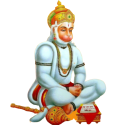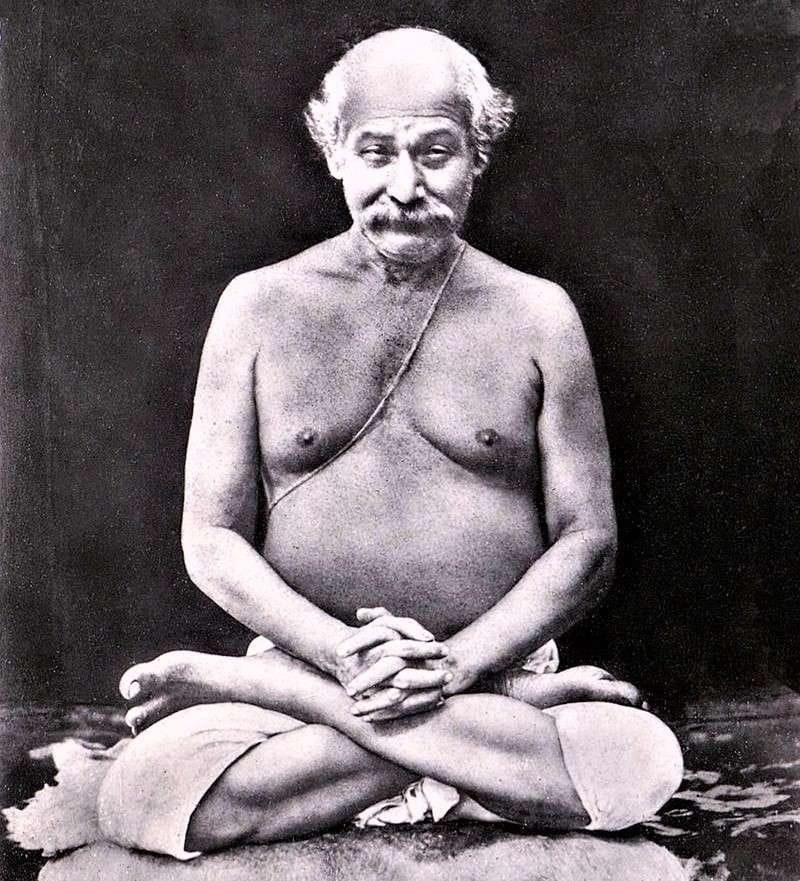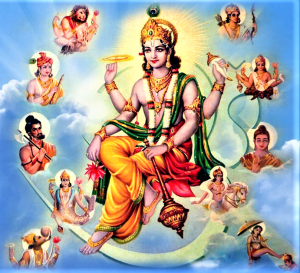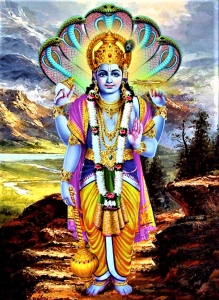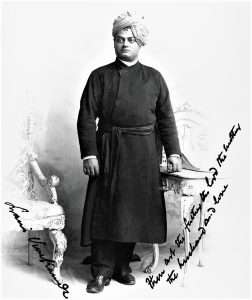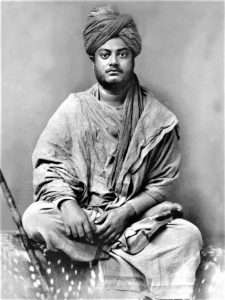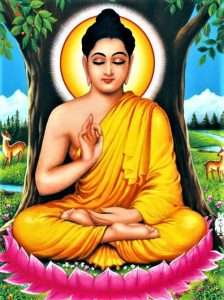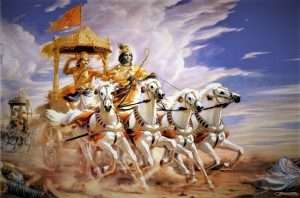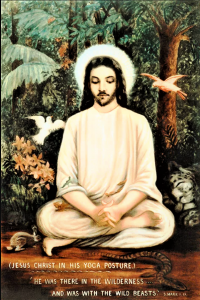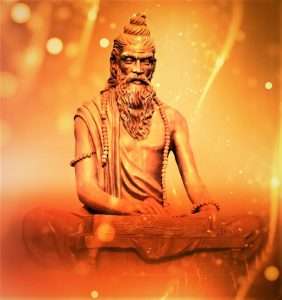Pancha Kosha (Five Sheath)
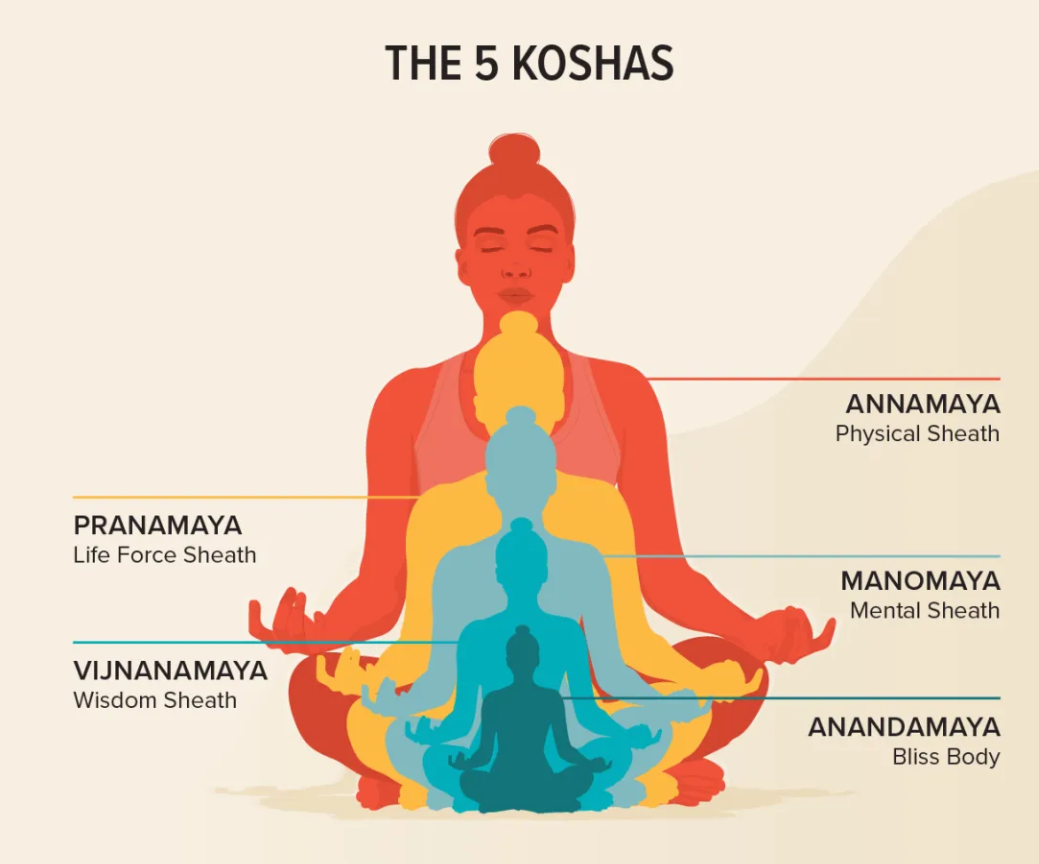
Each body has a dimension and a layer. We can call it a field. Just as we say electromagnetic field or radioactive field, in exactly the same way there are fields in our bodies. In Vedanta, they are known as Kosha which means ‘Sheaths’. The Taittiriya Upanishad describes the five Kosha which are also often equated with the three bodies. These Kosha are the followings –
1. Annamayya Kosha (Food sheath)
2. Pranamaya Kosha (Pranic sheath)
3. Manomaya Kosha (Mental sheath)
4. Vigyanamaya Kosha (Intellectual sheath)
5. Anandamaya Kosha (Bliss sheath)
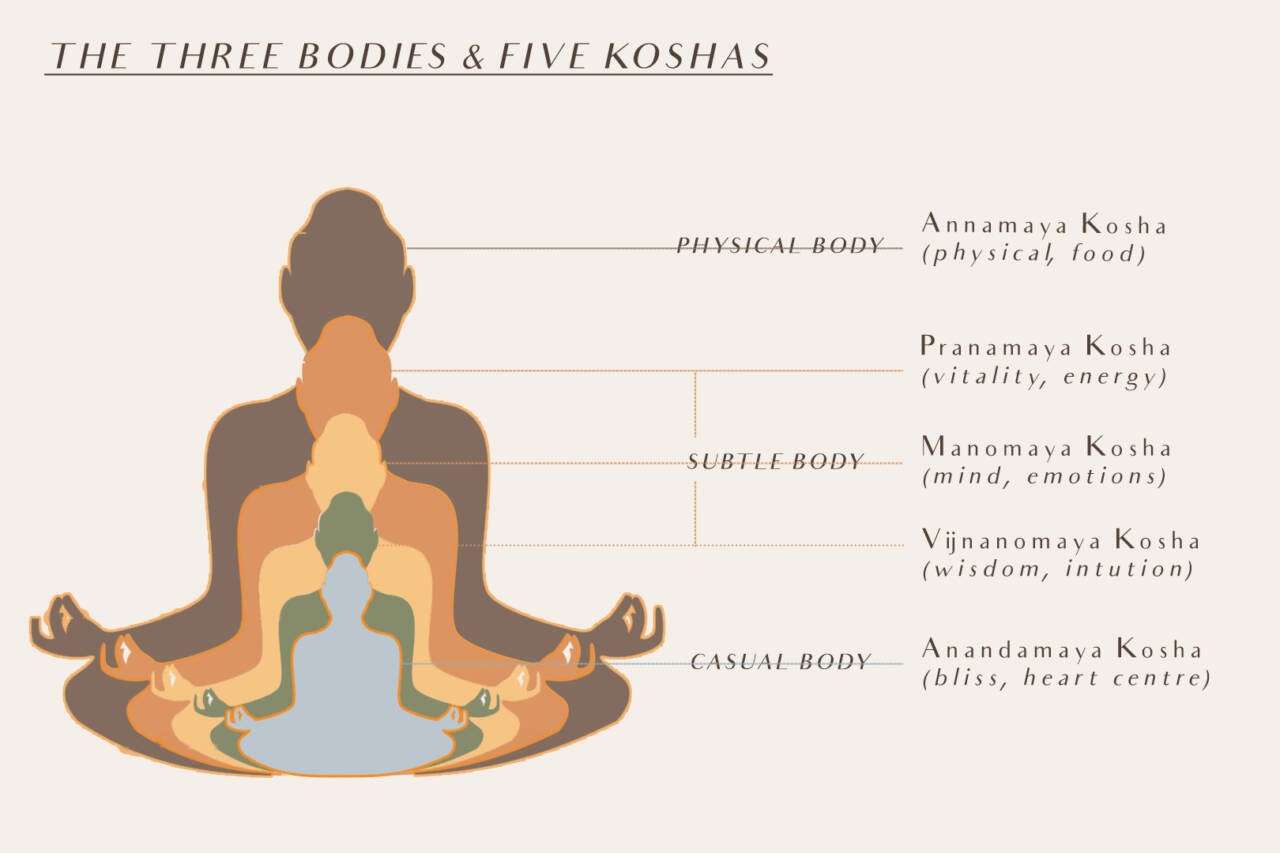
They are further subdivisions of the three bodies, which represent the three states of our daily experience. These Koshas are around the three bodies in the following ways –
The Gross body – Annamaya Kosha
The Subtle body – Pranamaya Kosha, Manomaya Kosha and Vigyanamaya Kosha
The Causal body – Anandamaya Kosha
Every day we have three types of experiences. One is the waking experience in which we experience through our senses and mind. The second experience is a dream. In a dream we do not experience through the senses, but through our subconscious mind. The third experience is sleep in which there is no knowledge of time and space and no knowledge about ourselves or about anything in sleep, but when we get up in the morning, we know that we slept well the night before. So every day, an individual undergoes these three experiences alternately. These experiences relate to a particular field. Whenever the individual goes to one particular realm, it has one experience. And as the individual changes the field, realm or dimension, he has another experience. Now we discuss each Kosha in detail hereunder –
- Annamaya Kosha – Annamaya kosha is the actual physical body that is dependent on anna (grain, food) for nourishment. It is made up of the five elements. It is an effect of the five elements. The physical body is the grossest form of thought. The food consumed by the parents is converted into Shukra (semen) in men and Sonita (ovum) in women and by the combination of these the physical body is formed. After birth, the body grows by suckling the milk which is only a transformation of the food consumed by the mother. The body is further developed by taking food. It gets dissolved in earth which is another form of food. The body is itself a food for other creatures. Hence it is called the food sheath. The food sheath is an object of perception.
- Pranayama Kosha – Pranamaya kosha is composed of prana or life force. Prana is a Sanskrit word which means movement, motion or vibration. Pranamaya Kosha is the energy in Annamaya Kosha. Prana is the force or energy for all kinds of motion. There are five main Prana – Prana, Apana, Samana, Udana and Vyana. These forms of Prana control various functions in the physical body. For example, urination, excretion, insemination and childbirth are consequences of Apana.
-

Three bodies and five Kosha Manomaya Kosha – Manomaya Kosha is composed of the mind and the five organs of knowledge. It is also made up of Vritti (Sankalpa or thoughts). It is subtler than the Pranamaya Kosha. It controls the Pranamaya Kosha. So it is the inner self of the Pranamaya Kosha. Mind is consciousness. It is a field of energy by itself. There are ten stages in the evolution of the mind from the crudest to the finest as described in the Samkhya Sutras. However, out of those ten stages of mind, three are known to human beings – the conscious mind, the subconscious mind and the unconscious mind. This mind is connected with time, space and causality.
- Vigyanamaya Kosha – Vigyanamaya is the determinative knowledge (Nishchaya). This determinative knowledge (Adhyavasaya) is an attribute (Dharma) of the intellect (Buddhi). It is the determinative faculty which guides the mind and comes to the right conclusion or determination. When the mind is in a doubt whether to do an action or not, Vigyanamaya renders help by coming to a determination ‘I must do this. Vigyana means psyche. Vigyana has two meanings – external science and also inner experience. Therefore, whenever we have any experience which is subjective in nature, it is a consequence of Vigyanamaya Kosha. Whatever we are dreaming is a projection of Vigyanamaya Kosha. In our meditation, concentration or Mantra Yoga, when we see lights, flowers, figures, angels or saints, smell perfumes and hear sounds, it is the consequence or result of Vigyanamaya Kosha.
- Anandamaya Kosha – The word Ananda means bliss or happiness. The Anandamaya is made up of the latent impressions of love and other forms of happiness. The Anandamaya is the energy field of the causal body (Karana Sharira). This functions during deep-sleep. Love (Prem) which springs up at the sight of a beloved son is the Anandamaya Kosha who feels ‘I love’, ‘I am happy’ and ‘I am the enjoyer’.
All living creatures are endowed with Annamaya, Pranamaya, Manomaya, Vigyanamaya and Anandamaya Kosha, one abiding within another. The internal permeates the external self which lies outside. All of them are formed of Akasha and other elements of matter. All of them exist only by ignorance. They are set up by Avidya or nescience. They are all possessed of supreme Soul or Brahman who is everywhere, who is All, who is the cause of Akasha and all the rest, who is eternal, changeless, self-existent, who is existence, knowledge and infinity and who is beyond the five sheaths. He is indeed the Self of all. He alone is verily the Atman. And this Atman is our true nature.
With Love and Gratefulness (Founder Rohit Kumar)
Source – Ancient texts of Yoga, words of Swami Sivananda, Swami Satyananda, Swami Niranjanananda Sawaswati and personal study.
Hari Om Tat Sat!

